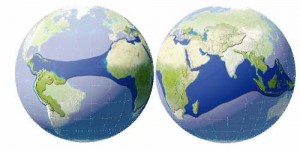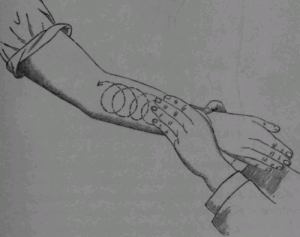Harvey, David. 2003. The New Imperialism. Oxford: Oxford University Press.
This is the last of David Harvey’s books that I’ll read (or re-read) for a while, and I’ve already reviewed some of his other books here, so I’ll pretty much stick to what this book offers in terms of the capitalist versus territorial logics (ideas he borrows from Giovanni Arrighi) of the “new imperialism.” I’ll also focus on the chapter on primitive accumulation or, as he rebrands it, “accumulation by dispossession.” Harvey calls the new imperialism “capitalist imperialism,” a formulation that encompasses the (contradictory) dialectic between territorially based forms of power and the “molecular processes of capital accumulation in space and time” (26). In the case of the former, imperialism is a “distinctively political project on the part of actors whose power is based in command of a territory and a capacity to mobilize its human and natural resources towards political, economic, and military ends,” while the latter constitutes “a diffuse political-economic process in space and time in which command over and use of capital takes primacy” (26). Continue reading



